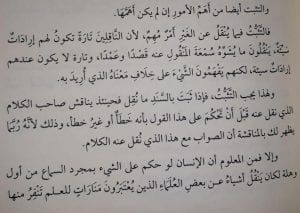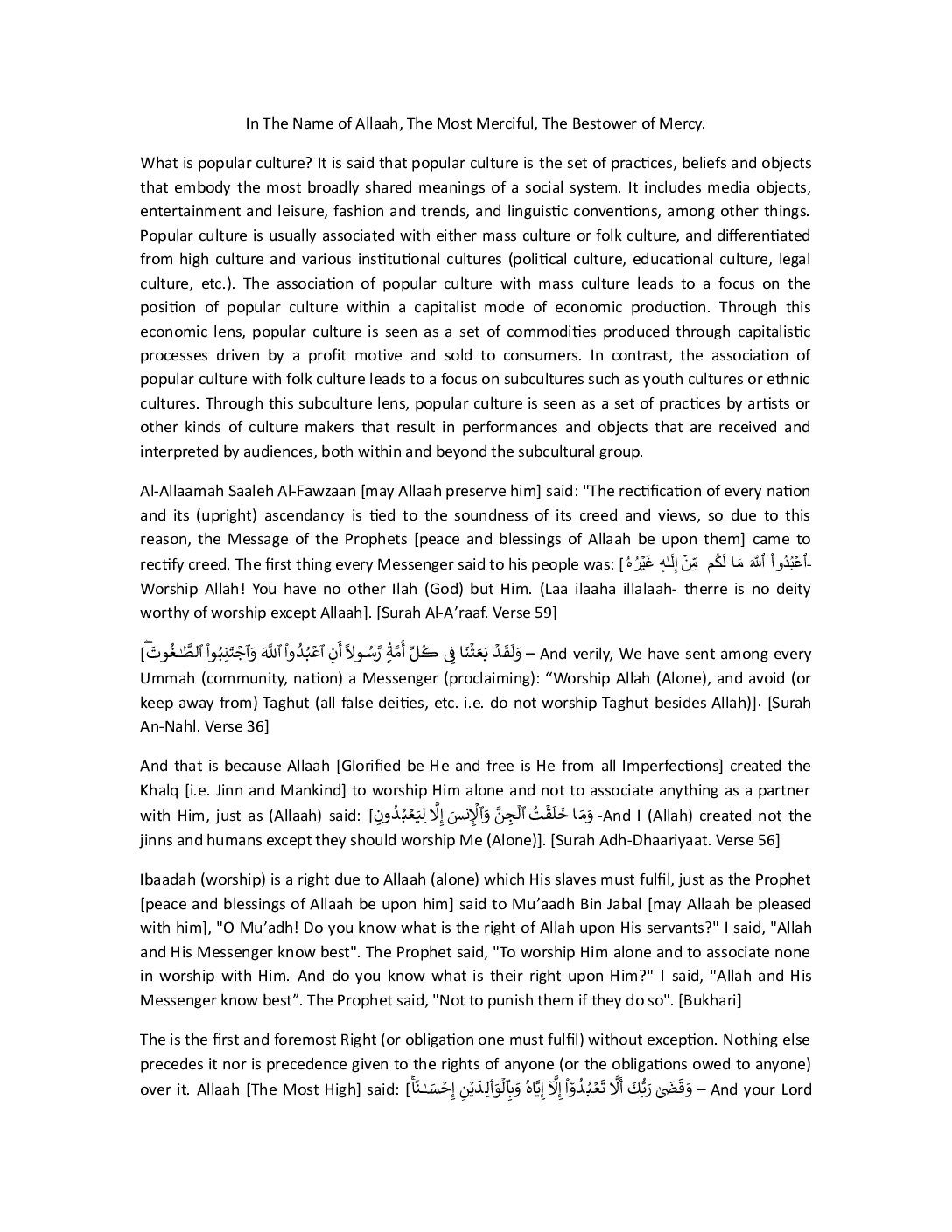Those Who Perform Righteous Deeds, Whilst Being Fearful….
In The Name of Allaah, The Most Merciful, The Bestower of Mercy
Aa’isha [radiyallaahu-anhaa] said: I ask the Prophet (sallal-laahu-alayhi-wasallam) about this Ayah:
[وَالَّذِينَ يُؤْتُونَ مَا آتَوْا وَقُلُوبُهُمْ وَجِلَةٌ – And those who give that (their charity) which they give (and also do other good deeds) with their hearts full of fear] [23:60]; are they those who drink alcohol and commit theft?” He [sallal-laahu-alayhi-wasallam] said: ”O daughter of Siddeeq! Rather they are those who observe fasting, perform prayer and give charity, whilst fearing that their deeds will not be accepted from them.” [Reported by Imaam Tirmidee Number: 3175]
Hasan Al-Basri [rahimahullaah] said: ”The believer combines between perfection (in worship) and fear (that his deeds will be rejected); and the hypocrite combines between evil (deeds) and feeling safe from [Allaah’s punishment]” [Madaarij As-Saalikeen: 1/512]










